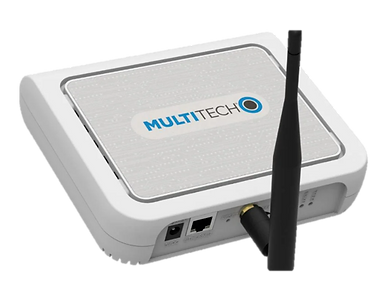top of page

Pulse
AI-enabled Steam Trap
Failure Detection
Combines sensors, software and AI-powered analytics tailored for industry-leading failure detection accuracy.
-
Catch closed failures before they damage equipment and cause production downtime
-
Reduce energy useage by securing open failures quickly
-
SaaS AI engine evaluates data readings and sends failure alerts via email
-
Optimize steam system efficiency and decrease CO2 emissions
-
Intuitive, no-code, self-service visualization dashboard
-
A fraction of the cost of other solutions, installed and up and running in minutes
-
Integrate with any platform with hyper secure encryption protocols
" So simple to deploy and simple to use - it brings value instantly"
- University Facility Manager
How It Works

1. Easy-to-install steam trap monitoring sensors positioned on each steam trap
2 Receive data readings continuously through secure LoRaWAN network
3. Users notified of steam trap failures immediately through email alerts
4. SaaS network support and upgrades for low monthly fee
Anchor Monitor

Detect both open and closed
failures for peace of mind
Our wireless steam trap monitoring sensors weigh less than a cell phone but are tough enough for any environment
Higher accuracy than other solutions or manual inspections
Equipped to collect both sound and temperature data
Installed in minutes, works on on all steam trap types
Download the data sheet for more details
Anchor Alerts
Send email alerts directly to personnel
Email alerts can be sent to any number of users
Security parameters can be customized to ensure clearance protocols are in place
Alerts specify all the information necessary to make decisions on how to proceed
Users don't need to be logged in to dashboard in order to stay current with steam system health
Your maintenance team can rest assured that the system is functioning at optimum levels and designate resources on projects rather than inspections


Anchor Gateway





Secure stand-alone data gateway
Support up to 100 wireless steam trap sensors per gateway
LoRaWAN 915 MHz - 200 meters indoors, 2 km outdoors
Preconfigured to LTE/3G network directly to our cloud (no WiFi required)
Plug and play
Model options available to suit any environmental conditions
Anchor Dashboard


Manage your steam trap sensor inventory from the dashboard
Customized steam trap monitoring and sensor management in one place
Use visualized data to confirm automated failure alerts
Review health and operating costs
of steam traps in real-time
Incorporates strenuous cloud
security protocols
FAQ
If you don't see your question here, send us an email at info@pulseindustrial.com and we would be happy to assist you.
bottom of page

